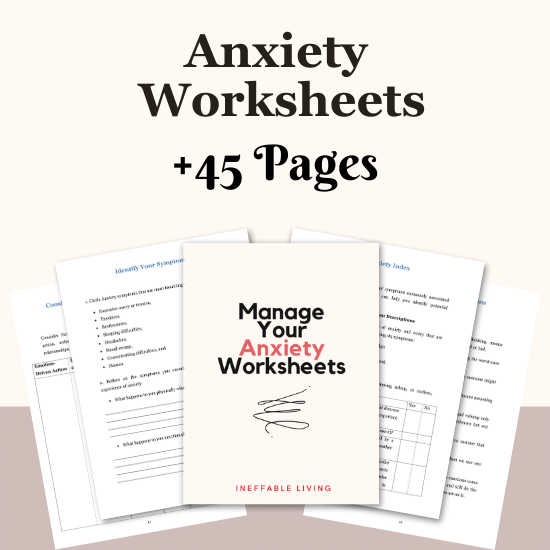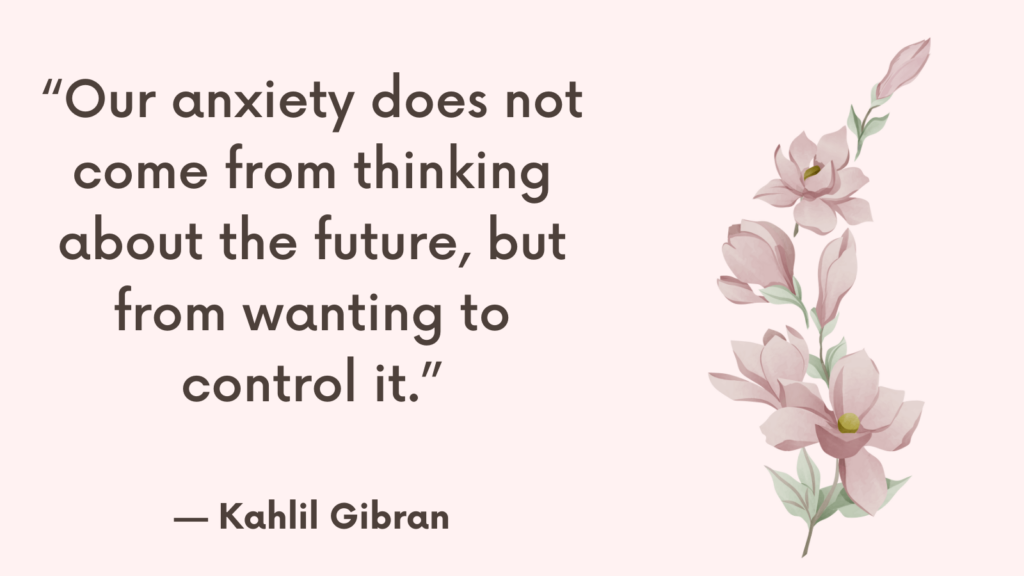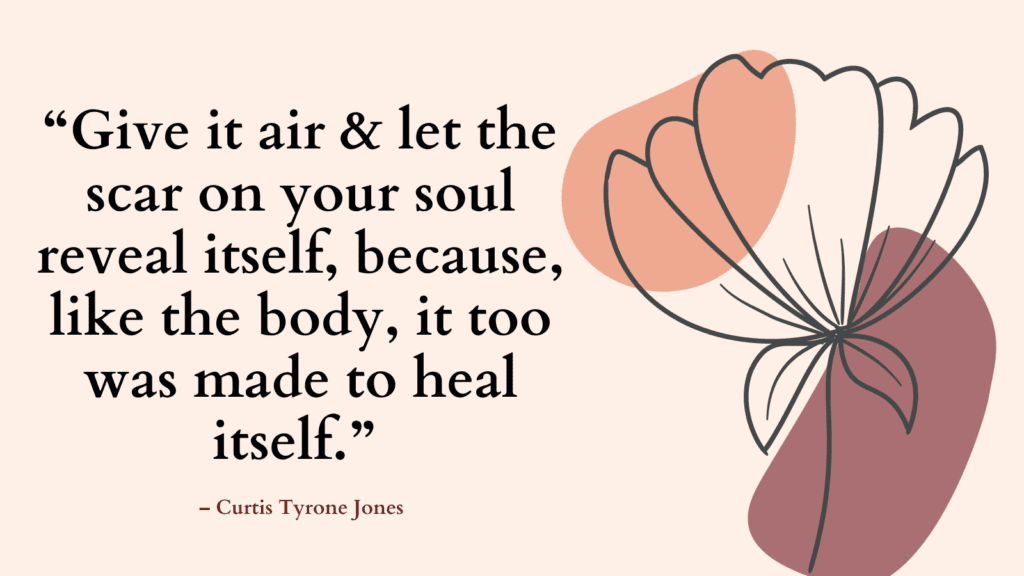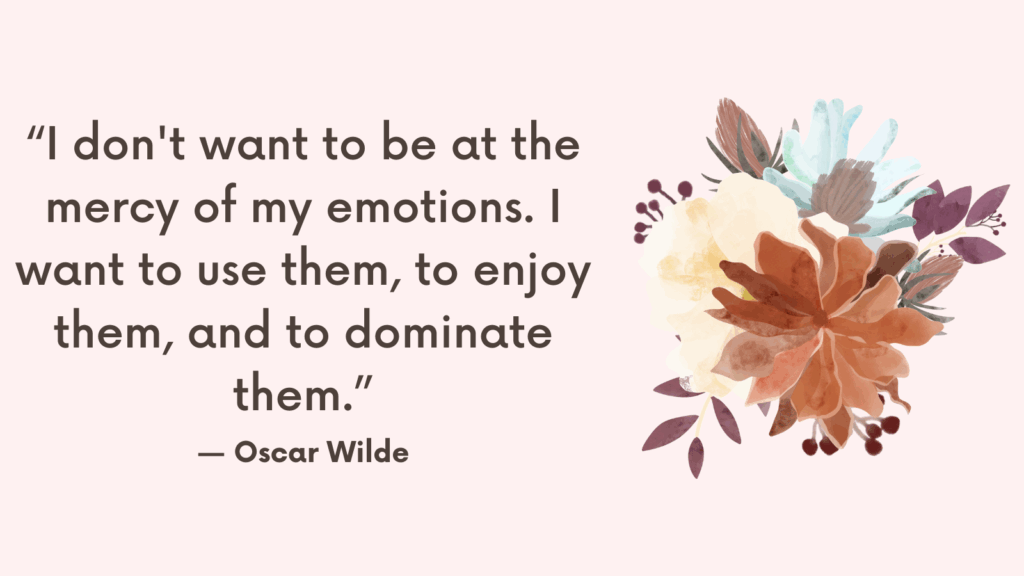If you wake up to anxiety first thing in the morning, you know how uncomfortable it can be.
In this post, we’re going to talk about how to manage your morning anxiety.
Understanding Cortisol and Morning Anxiety
Cortisol is a stress hormone that your adrenal glands pump out in response to fear or stress.
It helps your body prepare for action, making your heart beat faster and potentially making you feel jittery or anxious.
Even for people without high levels of stress, cortisol levels are generally highest within the first hour of waking up.
Some people wake up with a jolt of anxiety so powerful that it makes the whole day seem overwhelming.
Others might feel frozen in their beds, become irritable, jittery, or even wake up to panic attacks.
This is not the way anyone wants to start their day.
So why would your body do that?
Cortisol’s function is to help you get alert and perform.
If you’re playing soccer, cortisol helps you get pumped up and play hard.
Cortisol can help you be motivated to finish a report for work or jump out of the way of a speeding car.
Related: How to Relieve Anxious Sensations In Your Body?
The Function of Anxiety
Anxiety is an emotion.
Emotions aren’t just bad things that happen to you; emotions serve a function.
Functional anxiety helps you take appropriate action to stay safe and get things done.
But too much anxiety can trap you in a cycle of worrying about things without taking action, making it hard to complete tasks.
How to Manage Morning Anxiety?
1. Start Your Day Grounded
Try a morning routine that includes prayer, breathing exercises, or meditation.
If you can’t get moving, start with something very soothing. Take one small step, like just getting out of bed and into a chair.
Give yourself positive affirmations like, “I can do this,” or “I can do hard things.” Train your mind to worry in a helpful way.
2. Journal First Thing in the Morning
If you feel overwhelmed, writing things down can help.
It can be scary to write things down, but it always helps me get clarity when I do.
It’s like you take this big nasty cloud of worries and tasks and transfer them to something solid—a piece of paper where you can organize them.
Related: Top 7 Signs of High-Functioning Anxiety (+FREE Worksheets)
3. Convert Stress into Energy
Exercise is a great way to convert stress into energy.
Consider adding exercise to your morning routine.
4. Skip the Caffeine and Sugar
Caffeine and sugar can interact with cortisol in a way that makes you more anxious.
But don’t skip breakfast either—low blood sugar can also make you anxious.
Try starting your day with something like eggs, whole grains, or nuts.
5. Identify the Causes of Your Stress
Look at the causes of your stress.
Do you have good work-life boundaries?
Are you taking on too many projects or activities?
Do you need better organization?
Related: Best 7 Somatic Exercises For Anxiety
6. Prepare the Night Before
Prepare as much as possible the night before so you don’t wake up to dread.
Break your tasks down into small steps. Journal and get your tasks sorted out the night before.
This can help you manage your worry on your own time frame and prevent your brain from throwing a worry surprise party in the morning.
7. Prioritize Sleep
Sleep deprivation can contribute to anxiety and depression.
Make sleep a priority if you’re struggling with morning anxiety.
Cut out alcohol and caffeine—caffeine can impact sleep and anxiety levels for up to 72 hours.
8. Be Proactive
When it comes to morning anxiety, you have two choices: let it take over your life or choose to be proactive.
Actively work to reduce your overall stress and tell yourself, “I can do this. I can convert this stress into energy.”
Related: Future Tripping: Top 9 Ways to Avoid Future-Tripping




